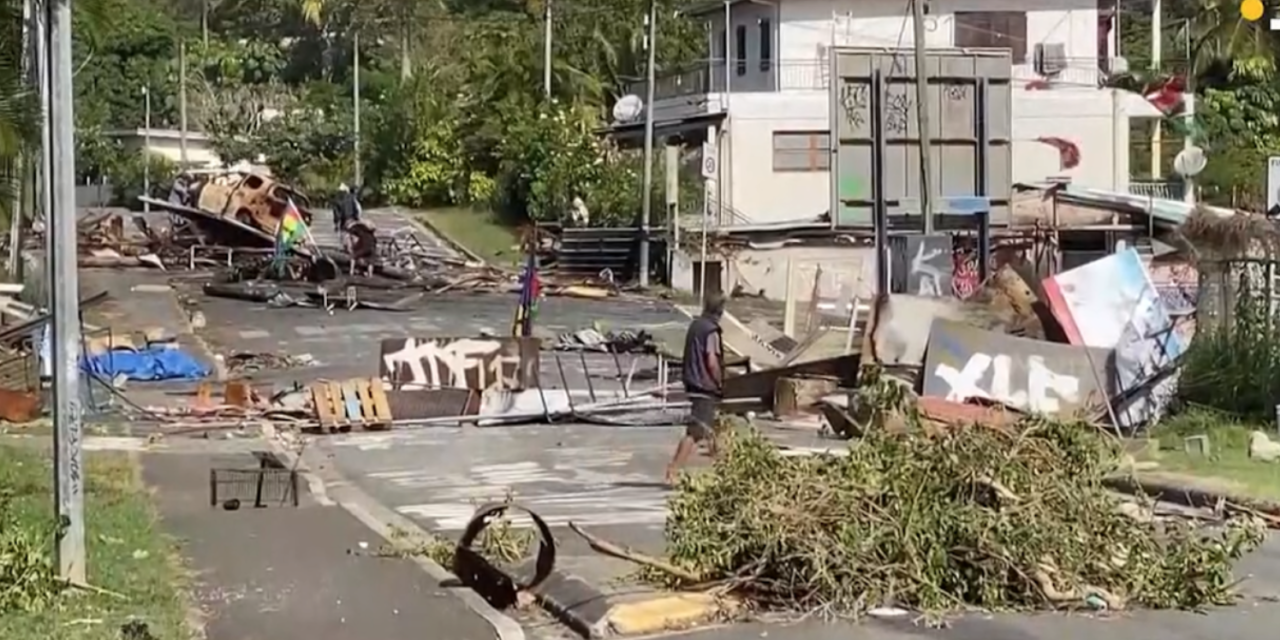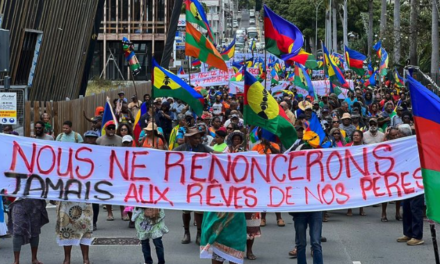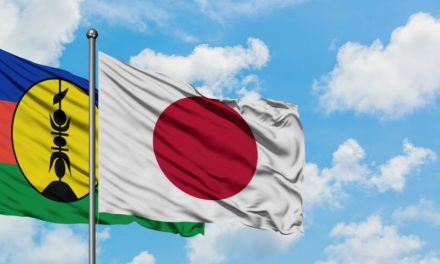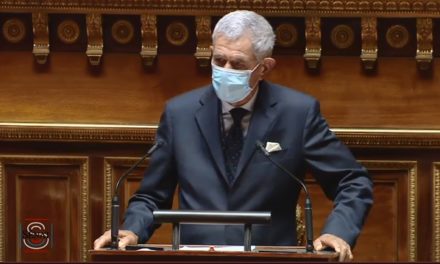Three weeks after the start of the riots, the situation in New Caledonia remains extremely critical. Even though many of the roadblocks have been cleared, even though some neighborhoods have been liberated, residents are still living in a state of insecurity. The airport is still closed, and schools are still closed. The 6 p.m. curfew is still in force, and freedom of movement is still restricted.
Seven deaths… official
Despite the arrival of large numbers of police and gendarmes from France, the state was unable to restore order. The roadblocks removed by the forces of law and order are re-erected a few hours later (or a few minutes). The main road between Nouméa and Tontouta, where the international airport is located, is still not secure. Snipers continue to threaten the lives of Caledonians.
Officially, only seven people have died, but several dozen are thought to have died because they could not be treated in time. These include dialysis patients, heart attack and stroke victims.
An economy down
The economic toll is also disastrous: 500 companies destroyed, 5,000 jobs lost and 120 billion francs worth of damage.) The economy is down. Most businesses have not resumed normal operations because the roads are still too dangerous.
Political discussions have not yet begun
The enlarged political bureau of FLNKS, which groups together the pro-independence parties, believes that only the abandonment of the constitutional reform that would freeze the electoral body in New Caledonia will “ease the current tensions and allow discussions on the future of the institution to resume”. Only the President of the Republic, Emmanuel Macron, can abandon this current reform.
Photo caption
There are still hundreds of dams like this one in the greate





